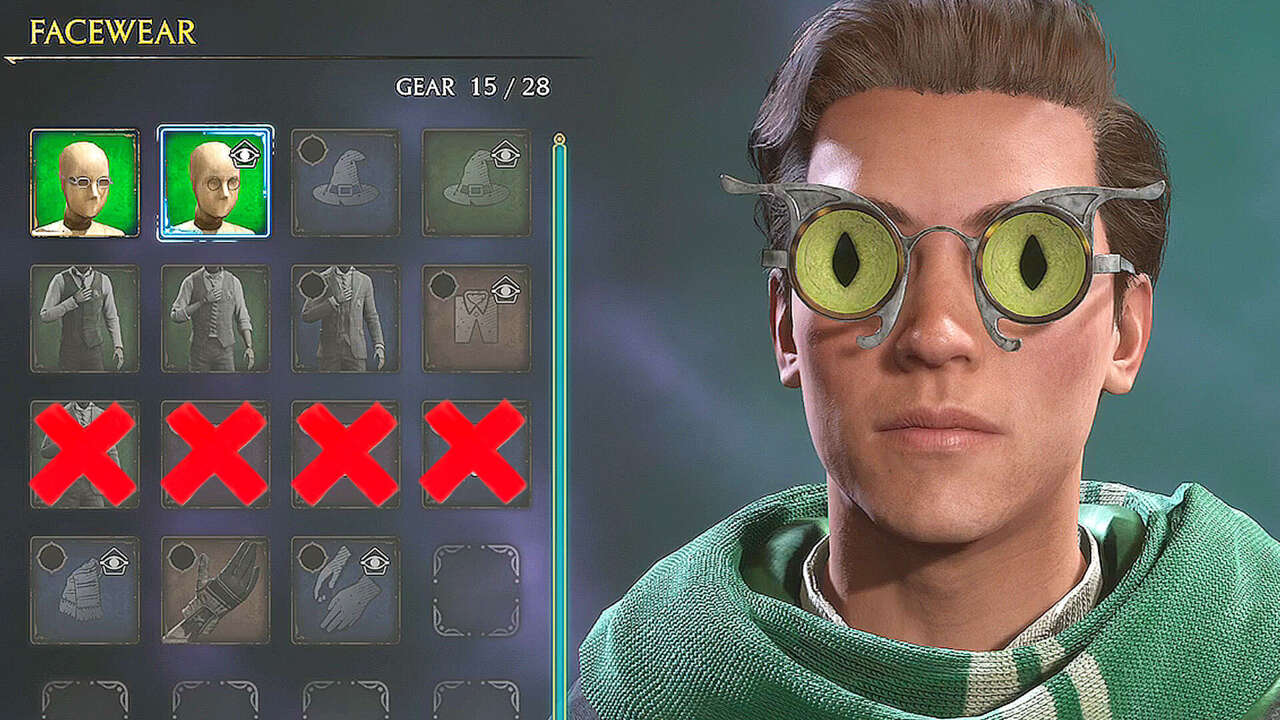Testament: The Order of High Human Leaves a Lot to Be Desired
The best way I can possibly describe what I’ve played of Testament: The Order of High Human is that it’s like Dark Messiah of Might and Magic directed by Tommy Wiseau. It’s bizarre, slightly unsettling, often unintentionally funny, but overall not very successful at what it sets out to do. It has some great character art and interesting environments to trek through, and there does seem to be a robust, physics-based magic system in the trailers that I only got a tiny taste of in the demo. But it’s difficult to find much to praise here.
As a writer and editor, I’ll get my biggest pet peeve out of the way quickly: This is not a game that was written by anyone with a strong grasp of the English language. Inconsistencies, even in how the title is styled, abound. Sometimes “High Human” is two words with no hyphen. Sometimes it’s hyphenated. Sometimes “Human” is capitalized in the subtitles and sometimes it’s not. The in-game encyclopedia that’s supposed to introduce you to important world concepts is full of high school English test errors in capitalization, punctuation, and basic grammar. There’s a notice when you first get to the main menu that this game was made by a very small team of 15 people. I wish one of them had been an editor.
And I definitely dig some small games made by scrappy, underground indie studios. I have over 300 hours in Stardew Valley, which was made by one guy. And if Testament was merely lacking in some technical polish, I could probably ignore that as long as there was worthwhile gameplay and a strong story underneath. Paradoxically, it’s kind of the opposite. Everything runs great and I didn’t encounter any major bugs. Not even in these tricky platforming areas, which are probably the most fun I had with the demo. But from the story to the basic combat mechanics, it simply doesn’t hold up. And having a small team can’t really excuse that.
Who Am I?
You play as Aran, a character who is not introduced to you at all until much later, who wakes up after being kidnapped by some kind of evil Treebeard. He’s a “High Human” – the very awkward and slightly eugenics-y name for this setting’s immortal, magically-gifted ruling class – and the former king of the land of Tessara. Somehow he’s ended up without his powers and only a cheap sword to defend himself. The reasons for this, again, are only explained later – usually through incredibly forced expositional monologues of Aran talking to himself about stuff he already knew, but I as the player did not.
Eventually we find out Aran’s brother turned to darkness, possibly because his wife died, and he pops out of a portal to mock you for being reduced to a “mortal,” give a quick evil villain speech, and vanish. I was still unclear what was actually going on until maybe an hour into the demo, and I don’t mean in the way where you’re excited to uncover a mystery. It’s more like picking up a novel that’s had the first four chapters ripped out and trying to piece together the story from there. Maybe the final version will have a more complete intro. Maybe this isn’t even the intended starting point. That would certainly help a lot.
“
But, okay. A kind of confusingly-presented story and sloppy localization work would probably not be the biggest deal in the world if the combat were great. Sadly, it is not. Real-time, first-person swordplay that looks sort of Elder Scrolls-ish boils down to mainly doing the same combo over and over, then dodging out of the way of a telegraphed power attack from… these guys are called “halflings” for some reason, and at this point I had just decided to stop questioning the stylistic worldbuilding choices so I didn’t lose my mind. Testament pretends to have a combo system, but it doesn’t really. Whether I precisely time my swings like the tutorial tells you to, or just spam the left mouse button as fast as I can, the animation and the amount of damage I do seems pretty identical.
Eye on the Prize
Archery is a bit more fun. Most enemies die to a single headshot, and I really like it when I’m rewarded for my Robin Hood accuracy that way. Stealth attacks, likewise, can one-shot goons and do a lot of damage to bosses, but the opportunities to use them are fairly limited. The couple of spells I got to play with – including a destructible barrier similar to Geralt’s Quen sign in The Witcher and a very, very slow life drain beam – are alright, but you have to put away your sword to use them. That made me miss Skyrim’s more flexible combat system.
And if you run out of arrows and mana potions, you’re back to the same old, boring melee routine. Ranged enemies will often just stand there dumbfounded and let you hack them apart if you close the distance with them. The AI is generally not very good. You can’t even block or parry. At least not with the weapons I got to try out.
There is a skill tree-based progression system as well, which lets you focus on melee, archery, or magic. It’s… it’s fine.
I hate to be a downer on something that seems like a real passion project from a small group of motivated developers, but I don’t really see Testament: The Order of High Human making a splash when it comes to first-person action RPGs. Some of these jumping and wallrunning puzzles were neat, and maybe this demo wasn’t a good representation of the release version. I’d be willing to give it another shot. But my hopes aren’t high for High Human.
Check out our Latest News and Follow us at Facebook
Original Source







